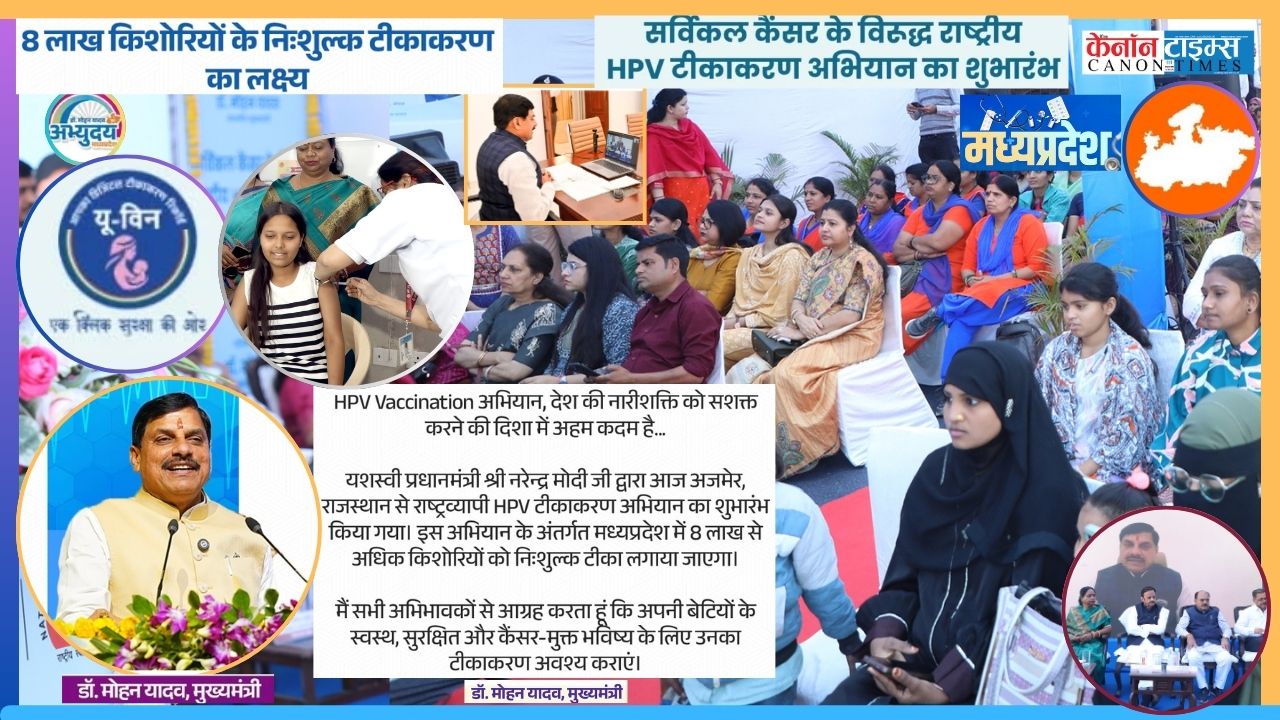The clause granting citizenship to Bangladeshi migrants who reached Assam before March 25, 1971 was ineffective, notwithstanding its good intentions.
The Supreme Court ruled last week that Section 6 A of the Citizenship Act, which confers Indian citizenship to Bangladeshis who entered Assam before March 25, 1971, remains lawful. The Citizenship Amendment Act was passed by Parliament in 1985, but it was not approved by the Supreme Court until October 17, 2024. It was unacceptable for the top constitutional court to take so long to rule on the constitutionality of a significant amendment proposed by the country’s highest legislative body.
While the Supreme Court bears a significant portion of the blame, it is not solely responsible. In recent years, the Supreme Court has self-inflicted a large number of cases that should not have reached the final court of appeal for constitutional matters, in addition to the high volume of cases at various levels of the judicial system. situations that should have been resolved at the High Court level are increasingly being transferred to the Supreme Court. In some situations, the second highest legal venue in the country is entirely bypassed.
The Supreme Court should not allow plaintiffs with deep pockets or the ability to redirect tax-payers’ money, such as the AAP government in Delhi, to approach them without exhausting all other options. Why shouldn’t bail in significant scams be handled by the High Court? The ease with which the SC has opened its door to such bail proceedings in recent years detracts from the significance of the High Courts concerned, and further delays the resolution of the long-pending matter.
The incoming chief justice of India emphasizes the importance of timely case resolution at all levels of the legal system. However, these comments often fall on deaf ears by the time he retires. A jammed court system is not solely due to a lack of available judges at all levels. More than two-thirds of cases are filed by state and central governments.
Encourage play-safe bureaucrats to avoid unnecessary court appearances. The High Courts and Supreme Court might encourage governments to resolve matters at the executive level rather than seeking their intervention. This will save the court significant time and taxpayers money on costly legal bills.
After discussing the issues with our legal system, let’s focus on the Rajiv Gandhi government’s revision of the Citizenship Act following the Assam Accord with agitating students. The provision to confer citizenship to Bangladeshi migrants who reached Assam before March 25, 1971 was ineffective, notwithstanding its good intentions. Political and legal obstacles arose early on, as illegal migration into Assam and other parts of the country continued unabated. Bangladesh refused to return a few illegal migrants from Assam, claiming that none of their countrymen had entered India.
The lack of political unanimity contributed to the roughly 4,000-kilometer border with Bangladesh, making it the longest of any country. Despite a votebank, successive Congress governments in Assam and at the Centre ignored the clear impact on the country’s demographics. The constitutional change was not implemented due to a lack of political will. The Congress government benefited from the challenge to the amendment’s legitimacy, leaving them unable to discover and expel illegal migrants in Assam.
Since the mid-1970s, illegal migrants from Bangladesh have registered to vote in Assam and other states as well. To understand the reality of the threat posed by illegal migrants in our society, arm-chair secularist-liberals should take off their blinders and join the ranks of hawkers, maids, unskilled laborers, and garbage collectors. While humanitarian concerns are important, we must also prioritize territorial integrity and the sanctity of our institutions.
Defending demographic integrity against illegal migrants is a significant problem that administrations, including those led by the BJP, have failed to meet. Despite the Supreme Court’s approval of Section 6A of the Citizenship Act, it is unlikely to have any practical impact. No undocumented immigrants will be deported.
Border guards’ participation will lead to increased illegal migration into the country. A few hundred Hindus seeking to flee bloodshed in Bangladesh’s “revolution” were denied passage into India due to guards from both countries. Their plight can hardly be imagined.
Dr. Abhishek Verma
Author: This news is edited by: Abhishek Verma, (Editor, CANON TIMES)
Authentic news.






